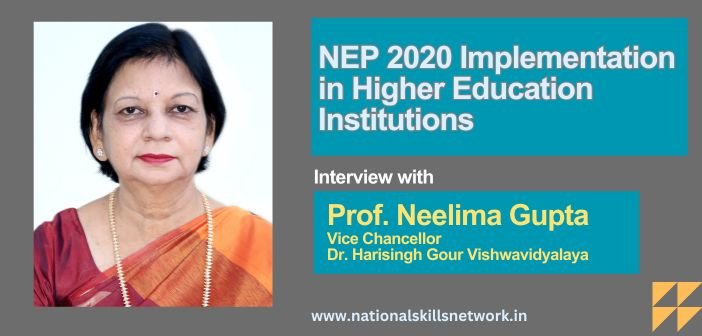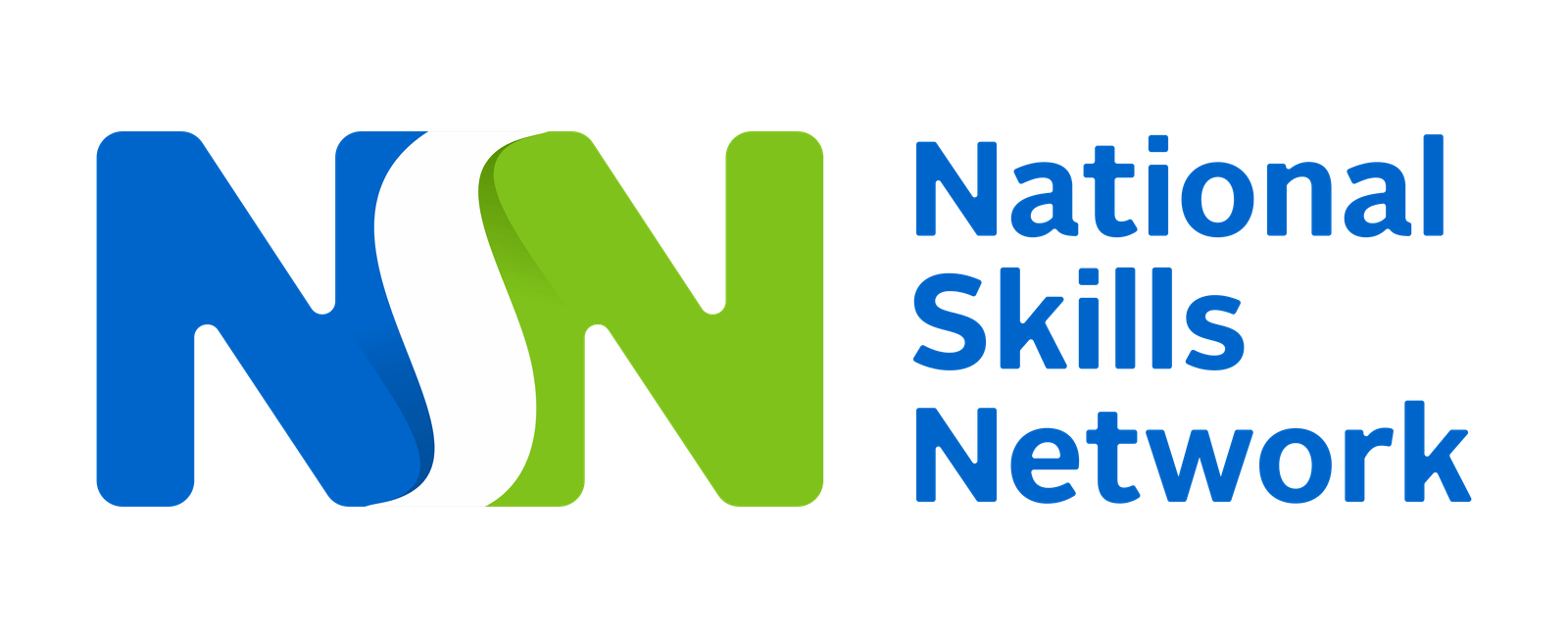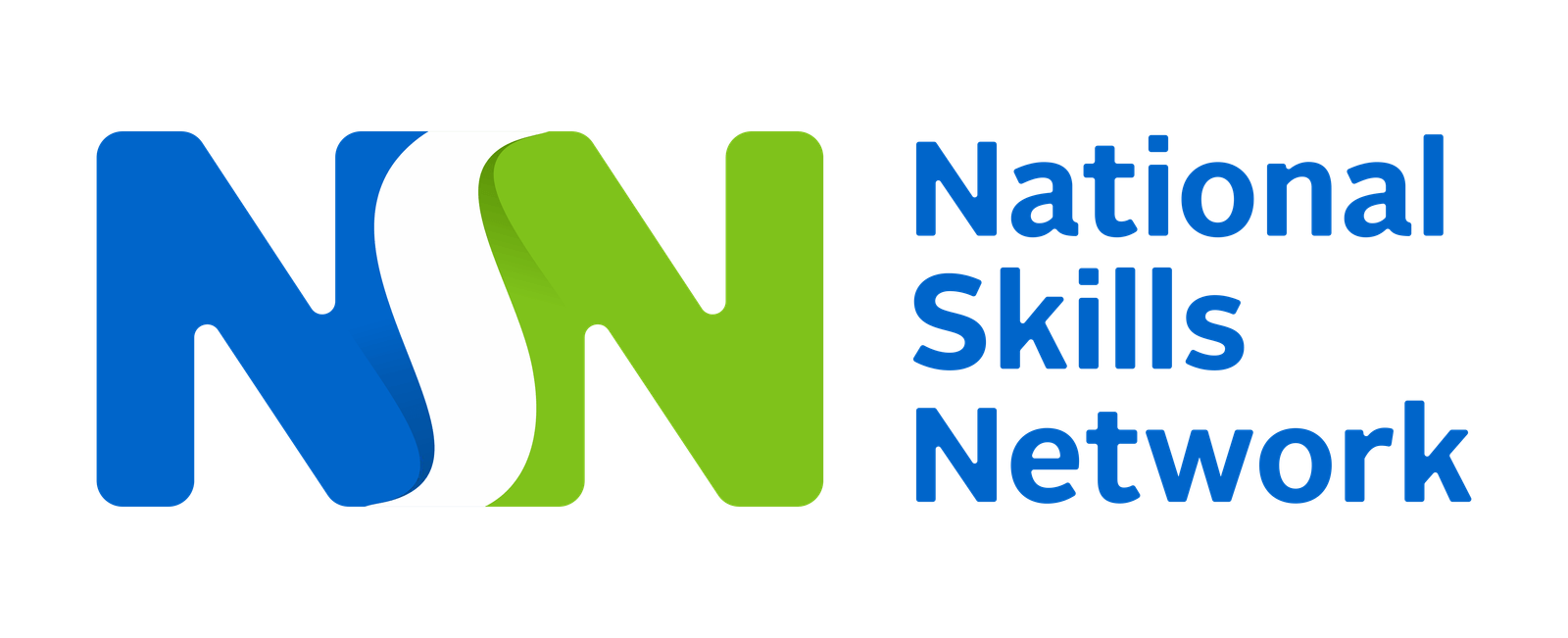“Continuous training through induction, and teacher training programs, including those focused on NEP 2020, is pivotal in fostering this transition to new pedagogical methods. It’s crucial to maintain momentum and actively promote NEP implementation efforts for eventual success,” says Prof. Neelima Gupta, VC, Dr. Harisingh Gour Vishwavidyalaya.
To learn more about National Education Policy (NEP) 2020 and its implementation in higher education institutions, multiple entry-exit system in higher education, academic bank of credits, creating awareness about NEP 2020, importance of industry-academia collaboration and more, we spoke with Prof. Neelima Gupta, VC, Dr. Harisingh Gour Vishwavidyalaya.
Below are a few excerpts from our conversation. You can watch the full conversation on our YouTube channel.
Q. How would you summarize the impact of NEP 2020 in one word: revolution or evolution?
A. Reflecting on NEP 2020, it has undoubtedly sparked a revolution in the entire education system. In the past, education primarily revolved around classes, lectures, exams, and degrees, leaving students unprepared for the real world. However, with the implementation of NEP 2020, guidelines have been set to overhaul the system. Given the immense scale of our education system with over 1,000 universities, 11,000 standalone universities, 40,000 colleges, and 300 affiliating universities, it’s evident that change was necessary.
NEP 2020 is structured into four parts:
- School education
- University education
- Key areas of focus
- Implementation of the policy
It’s not just a revolution; it’s a combination of revolution and evolution, signifying a transformative shift towards a more effective and responsive education system.
Q. What are your thoughts on implementing multidisciplinary courses and flexible entry-exit options in higher education?
A. The implementation of multidisciplinary education and flexible entry-exit options addresses key challenges in higher education. With a diverse student body, dropouts have been a concern. The policy’s multiple entry-exit approach allows students to attain certificates, diplomas, or degrees based on completed credits, fostering inclusivity and reducing dropout rates. Additionally, Academic Bank of Credits (ABC) facilitates credit transfer between universities, enhancing mobility and enrollment. While awareness and implementation remain ongoing, initiatives like promos and website dissemination aim to educate students and streamline the process. This dynamic approach is poised to mitigate dropouts and enhance enrollment ratios.
Q. How can we ensure the quality of a credit-based admission system in universities amidst significant change? What strategies build confidence during this transition?
A. Ensuring the quality and comparability of credits across diverse universities is crucial. The recently introduced National Higher Education Qualification Framework (NHEQF) by UGC addresses this concern. It aims to standardize qualifications and ensure international comparability. However, challenges remain in harmonizing diverse educational standards. Collaboration with bodies like the Association of Indian Universities is vital to establish equivalence criteria for domestic and foreign qualifications. Further efforts are needed to streamline this framework and resolve compatibility issues between universities and courses.
Q. What are your thoughts on awareness efforts for educational reforms like vocationalization? How can we engage stakeholders, especially the industry?
A. Ensuring industry participation in educational reforms like NEP 2020 remains a challenge, with many stakeholders lacking familiarity with the policy. Sensitization workshops are essential to bridge this gap. Universities must prioritize planning and framework development, aligning courses with skill-based learning. Industry collaboration is key, with private universities leading the way by establishing industry-centric centers on campus. R&D clusters and partnerships with MSMEs can further enrich skill development initiatives. Strengthening industry relations cells within universities is crucial for sustained collaboration beyond mere placements.
Q. How important is the faculty orientation for designing work-oriented courses under NEP 2020?
A. I recommend establishing an NEP implementation cell in every institution with a designated coordinator. At our university, this approach proved effective, involving all department members in curriculum design. Teachers, despite varying backgrounds, adapt well and contribute actively. We developed a comprehensive library of NEP-based courses, successfully conducting exams last year. Also, Covid-19 accelerated our adoption of blended learning and e-courses, highlighting the importance of technology integration in education.

Q. How were faculty members motivated to engage in curriculum development and adopt technology beyond their traditional roles?
A. It’s evident that not all faculty members are uniformly positive about adapting to new teaching methodologies. However, those who are positive play a crucial role in spreading awareness and motivating their peers. It’s essential for teachers to embody sincerity towards their students, themselves, their subjects, and society to excel in their roles. Embracing evolving subjects, catering to student needs through experiential and blended learning, and leveraging resources like media centers and MOOCs courses contribute to effective teaching practices.
Q. What challenges do you see in implementing the credit framework across institutions, and how can these challenges be addressed?
A. The National Credit Framework (NCrF) integrates the National Skills Qualifications Framework (NSQF) and the National Higher Education Qualifications Framework (NHEQF). This framework aims to revolutionize education by fostering holistic development and multi-disciplinary approaches. While awareness about these frameworks remains limited, accessible guidelines on the UGC website can aid understanding and implementation. It is essential for stakeholders to familiarize themselves with these policies to ensure effective execution.
Q. What are the top three crucial points institutions should prioritize when implementing policies like NEP 2020?
A. The three key crucial points are:
- Flexibility: The policy offers a flexible framework, requiring institutions to adapt accordingly.
- Teacher Quality: Emphasize the importance of high-quality teachers who understand and can implement the policy effectively at the grassroots level.
- Skill-based Education and Industry Linkage: Integrate skill-based education and foster partnerships with industries to prepare students for real-world challenges and societal needs.
These pillars are crucial for successfully navigating policy implementation and ensuring students are equipped for societal needs.
Subscribe to our YouTube channel for more updates:
Subscribe on YouTube












